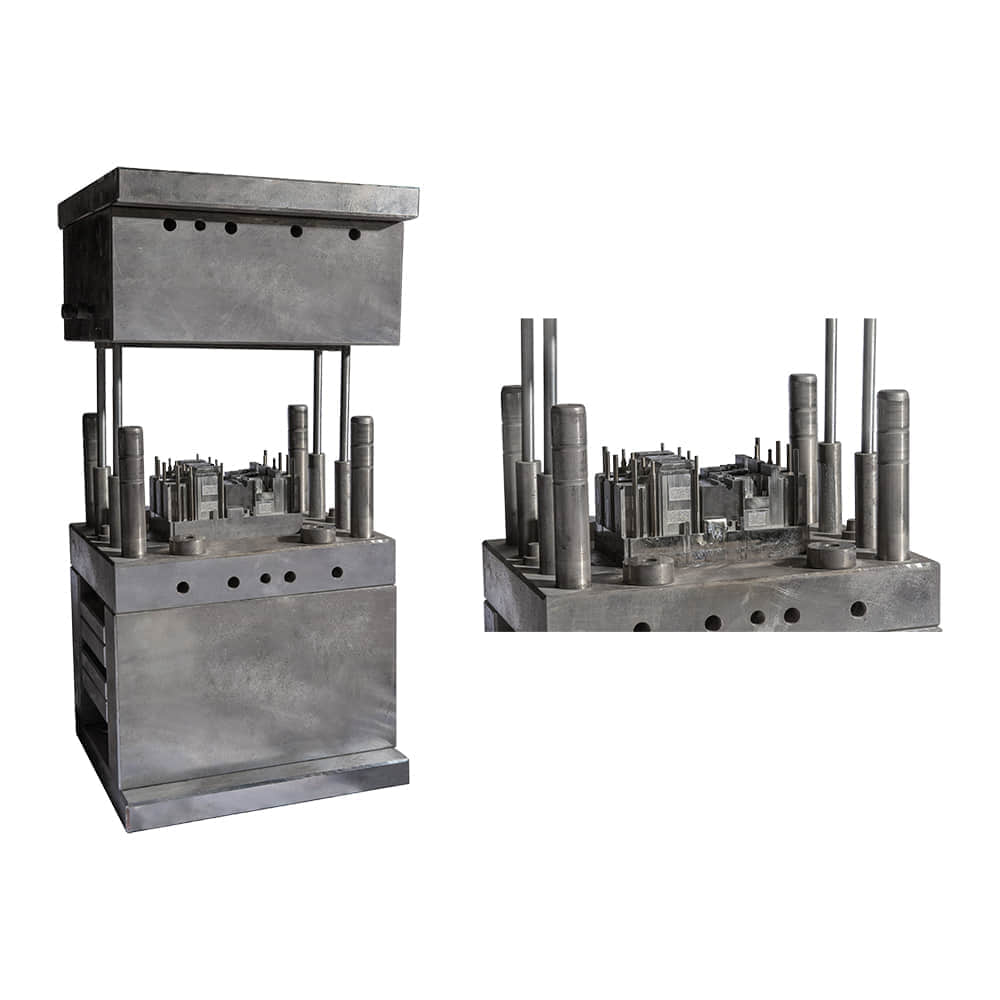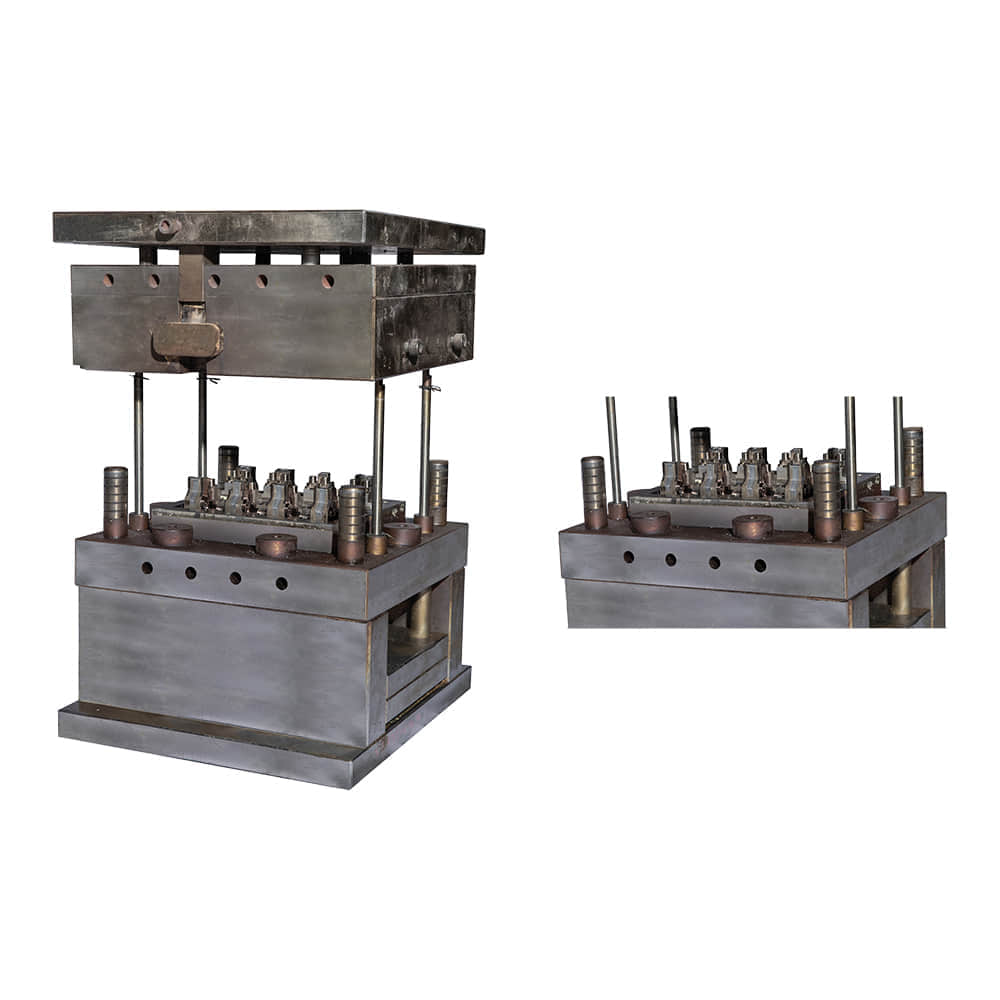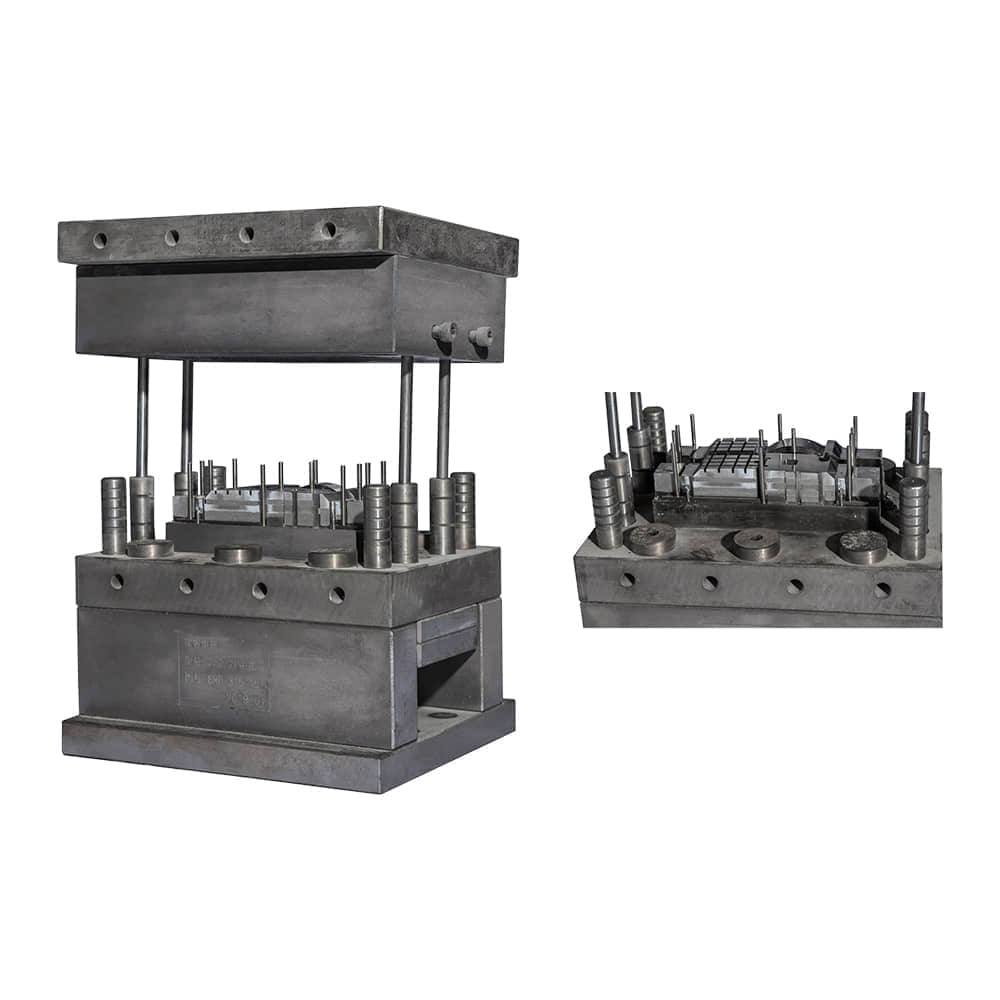文章:

SMC Molding: Revolutionizing Composite Materials

In the world of advanced manufacturing, SMC molding stands as a pivotal technology, driving innovation and efficiency in the production of composite materials. Sheet Molding Compound (SMC) is a versatile and cost-effective method that has gained prominence across various industries due to its exceptional properties and advantages. In this article, we will delve into the intricacies of SMC molding, exploring its applications, benefits, and its role in shaping the future of composite material production. What is SMC Molding? SMC molding is a manufacturing process that involves the compression molding of a reinforced composite material known as Sheet Molding Compound. SMC is composed of a blend of thermosetting resins, reinforcing fibers, and various additives. This mixture is pre-impregnated into a sheet form, which is then cut into specific dimensions for molding. The SMC Molding Process The SMC molding process consists of several key steps: Compound Preparation:The SMC compound is prepared by mixing the resin, reinforcing fibers (typically glass, carbon, or natural fibers), and additives. This step ensures uniform distribution of the components within the compound. Sheet Formation:The mixed compound is flattened and rolled into sheets of the desired thickness. These sheets can vary in size and are cut into manageable pieces for subsequent molding. Molding:SMC sheets are placed into a mold cavity. The mold is closed, and heat and pressure are applied. This combination of heat and pressure causes the SMC to flow and fill the mold, taking on the desired shape. Curing:During molding, the resin undergoes a curing process, transforming from a liquid to a solid state. This results in a rigid and durable composite part. Part Ejection:Once the curing is complete, the mold is opened, and the finished SMC component is ejected. Applications of SMC Molding SMC molding has found applications across a wide range of industries, owing to its exceptional properties and versatility. Some notable applications include: Automotive:SMC is used in the manufacturing of vehicle body panels, hoods, and bumpers due to its lightweight nature and excellent corrosion resistance. Aerospace:SMC components are utilized in aircraft interiors and structural elements, where lightweight, high-strength materials are essential. Electrical and Electronics:The electrical insulating properties of SMC make it ideal for electrical enclosures, transformers, and insulators. Construction:SMC is used in architectural panels, doors, and enclosures for its weather resistance and durability. Renewable Energy:Wind turbine components, such as nacelles and blades, benefit from SMC’s lightweight and corrosion-resistant properties. Benefits of SMC Molding SMC molding offers a multitude of advantages, making it a preferred choice in many applications: High Strength-to-Weight Ratio:SMC components are lightweight yet exceptionally strong, reducing overall weight and improving fuel efficiency in automotive and aerospace applications. Corrosion Resistance:SMC materials are highly resistant to corrosion and weathering, ensuring long-term durability. Design Flexibility:Complex shapes and intricate designs can be achieved with SMC molding, thanks to the moldability of the material. Reduced Tooling Costs:SMC molds have a longer lifespan compared to traditional steel molds, resulting in cost savings over time. Excellent Electrical Insulation:SMC is an excellent insulator, making it ideal for electrical and electronic applications. The Future of SMC Molding As technology advances and sustainability becomes a central concern, SMC molding is poised to play an even more significant role in manufacturing. Innovations in materials and processing techniques are likely to enhance the properties of SMC, making it an attractive choice for a broader array of applications. In conclusion, SMC molding has revolutionized the world of composite materials. Its ability to produce lightweight, high-strength, and corrosion-resistant components has made it indispensable across industries. As technology continues to evolve, SMC is well-positioned to lead the way in the production of advanced composite materials, contributing to a more efficient and sustainable future.
